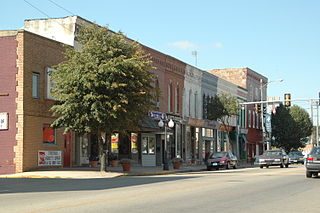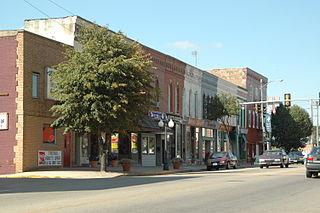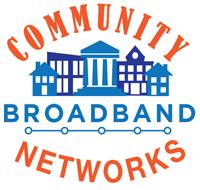
Recently, we covered the city-owned fiber optic network in Princeton, Illinois. The network has been serving city facilities, schools, libraries, and businesses since late 2003. The network contributes to economic development by delivering high capacity telecommunications services at affordable prices to local businesses. The City built and owns the network but services are delivered by a private sector partner.
Princeton is also working to bridge the digital divide in its community. The city offers an inexpensive Broadband Over Power Lines (BPL) service to residents and small businesses, using the municipal electricial grid.
BPL was once touted as a great hope for rural connectivity. The technology allows users to send telecommunications over the electrical lines already in place across the country. After several deployments revealed problems with radio interference, performance issues, and unreliability, the great hope considerably dimmed. However, the technology still has its place.
BPL lives on in Princeton as a supplement to its fiber network. According to Jason Bird, Director of Utilities, subscribers like being able to access the Internet from any room in their home that has an electric outlet. Capacity is very limited - only 1 Mbps service for residential service - but the price is right for those who do not have a large demand for speed. Residential service is $24.95 per month and commercial service is $99.00 per month.
The technology was attractive to the city utility because it was economical and quick to install. Prior to the BPL network, most people in town still used dial-up. As we reported in our post on Princeton's fiber network, the city has forged a long relationship with IVNet, an Illinois ISP. The BPL network is another successful joint project that has been helpful to the community. The two shared the cost of constructing the BPL network and profits are shared with IVNet retaining 70% of the profits.
The future of current BPL networks is uncertain with the loss of interest in devloping the technology. For now, however, Princeton customers have the benefit of a locally managed network to keep them online.
Photo courtesy of ILPlanner, used under Creative Commons License.





